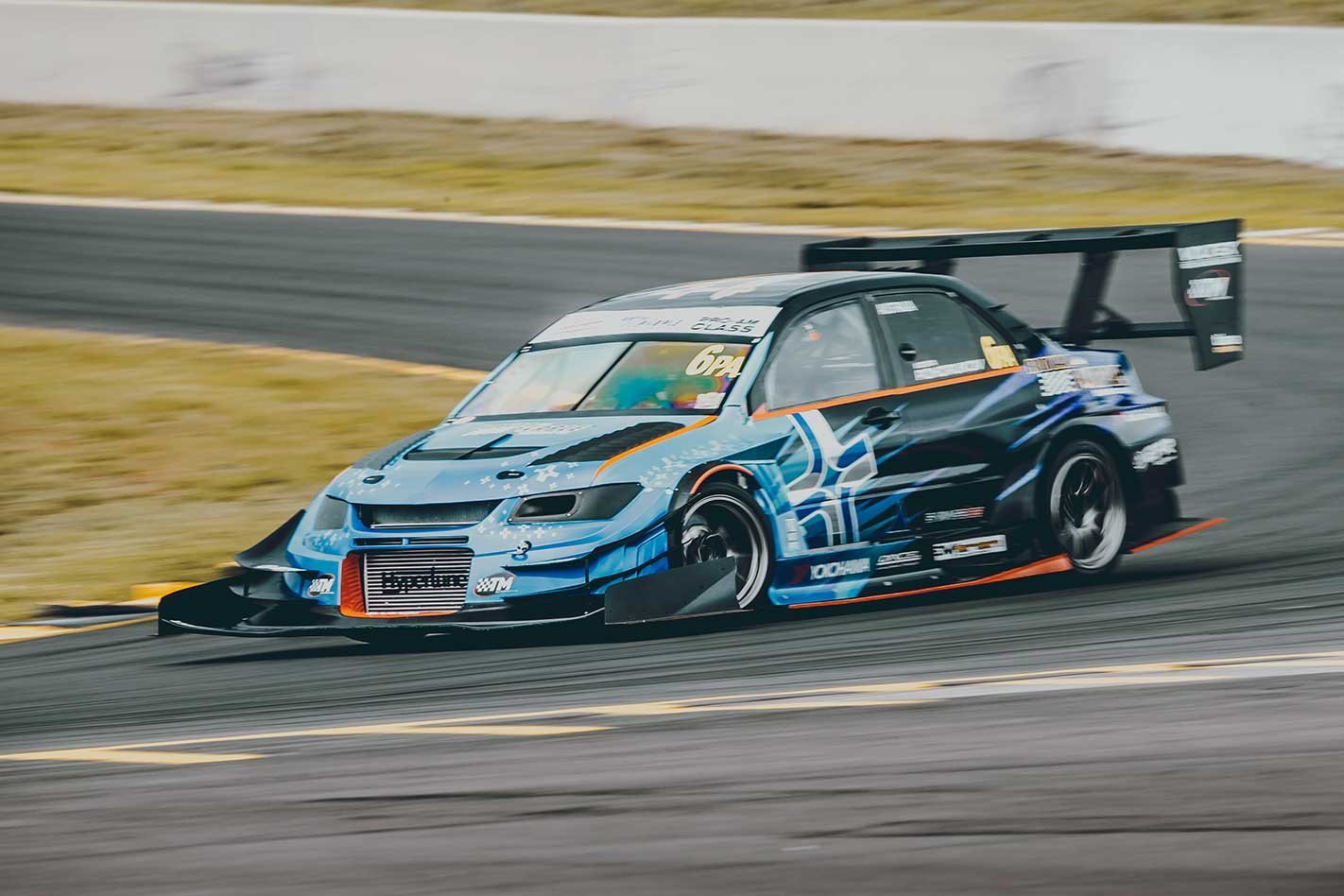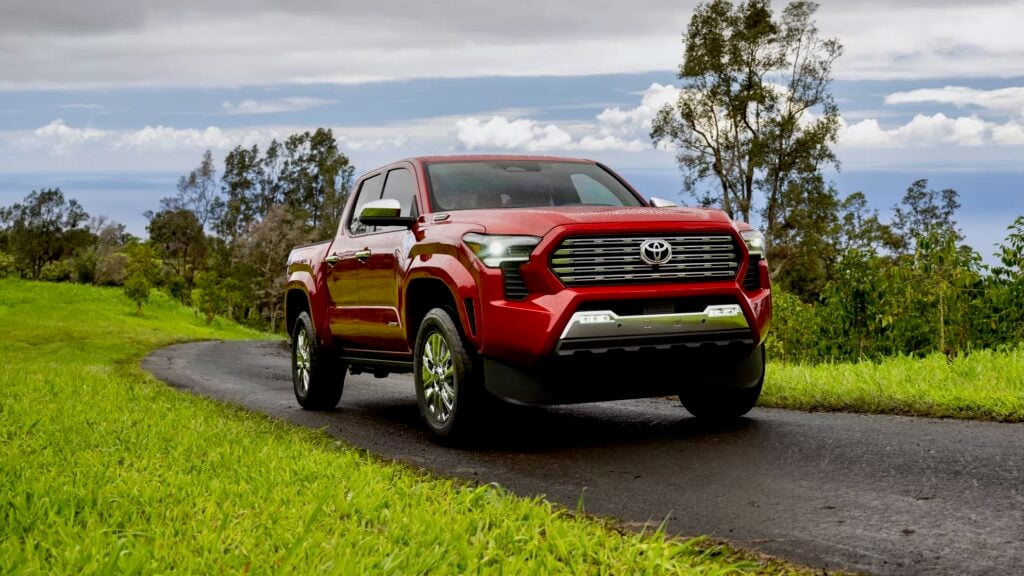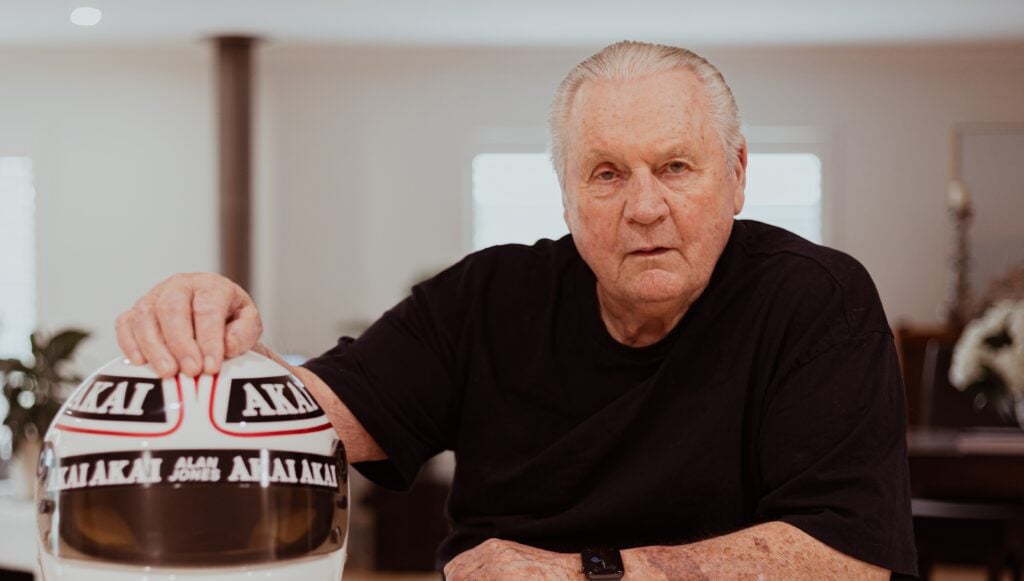Not everyone understands the appeal of World Time Attack. One of the operative words in motor racing is ‘racing’, but time attack pits drivers purely against the clock. As such, it solves many of the problems associated with modern racing.
The nature of the event – essentially one big qualifying session – prevents any need for tyre or fuel conservation, while the open nature of the regulations allows the sort of engineering freedom lacking in most modern race series.
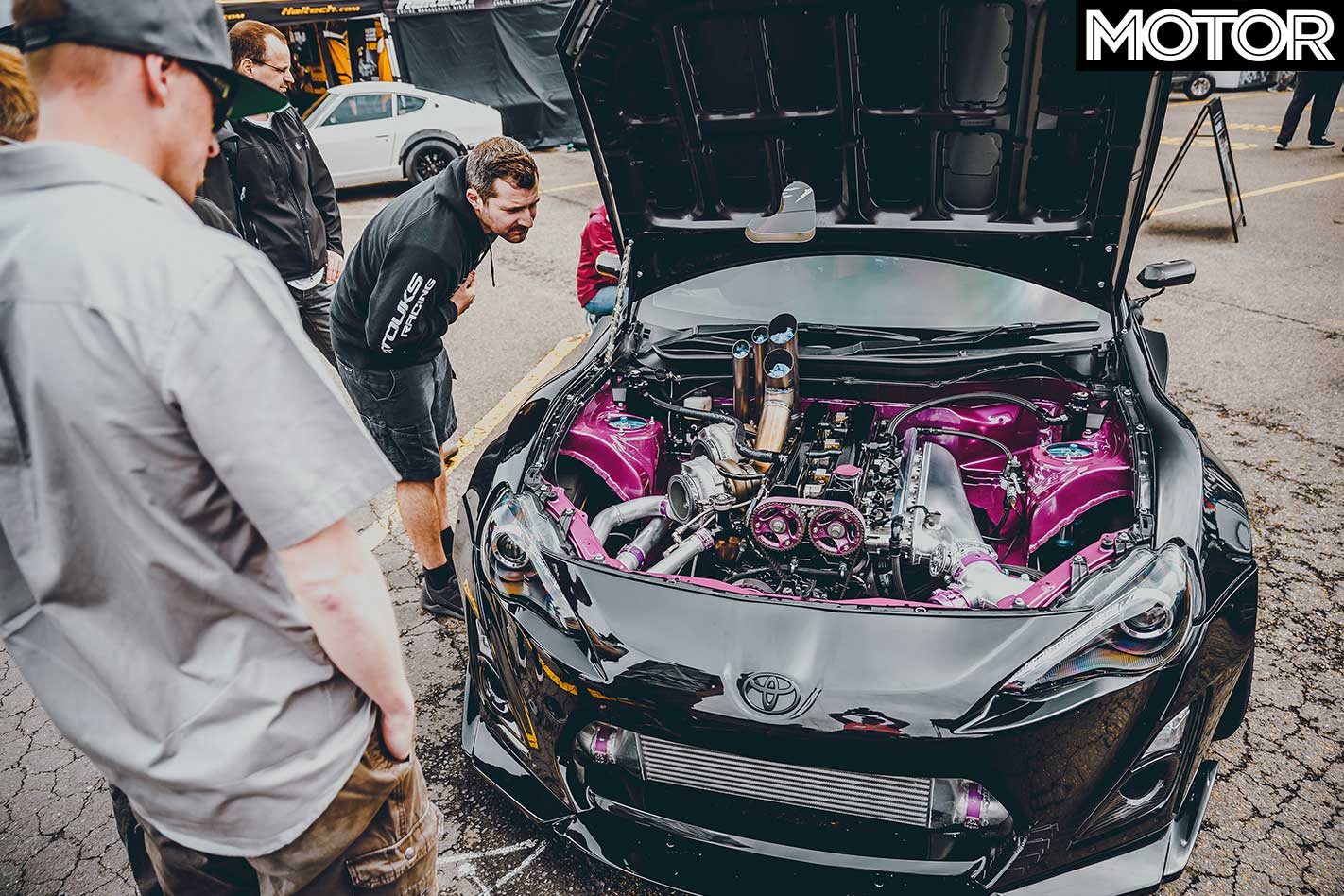
There are four classes: Pro, Pro-Am, Open and Clubsprint, each with its own set of technical regulations allowing varying levels of modification. The one constant is the abolition of slick tyres, with even the wildest machines forced to use Yokohama R-spec tyres.
Almost 70 cars were entered with teams from Australia, Japan, Singapore and Canada. Wet weather was a constant threat in 2018, but mercifully the clouds stayed away long enough for most cars to log representative laps.
Despite the less than perfect conditions, records tumbled. The headline act was Barton Mawer in the crazy Porsche RP968 clocking an incredible 1:19.825, a mere seven-tenths slower than the outright lap record, set by Nico Hulkenberg in an A1GP single-seater. Kosta Pohorukov won Pro-Am in the Tilton Racing Lancer Evo, while Adam Casmiri headed the extremely competitive Open class in a Honda Civic.
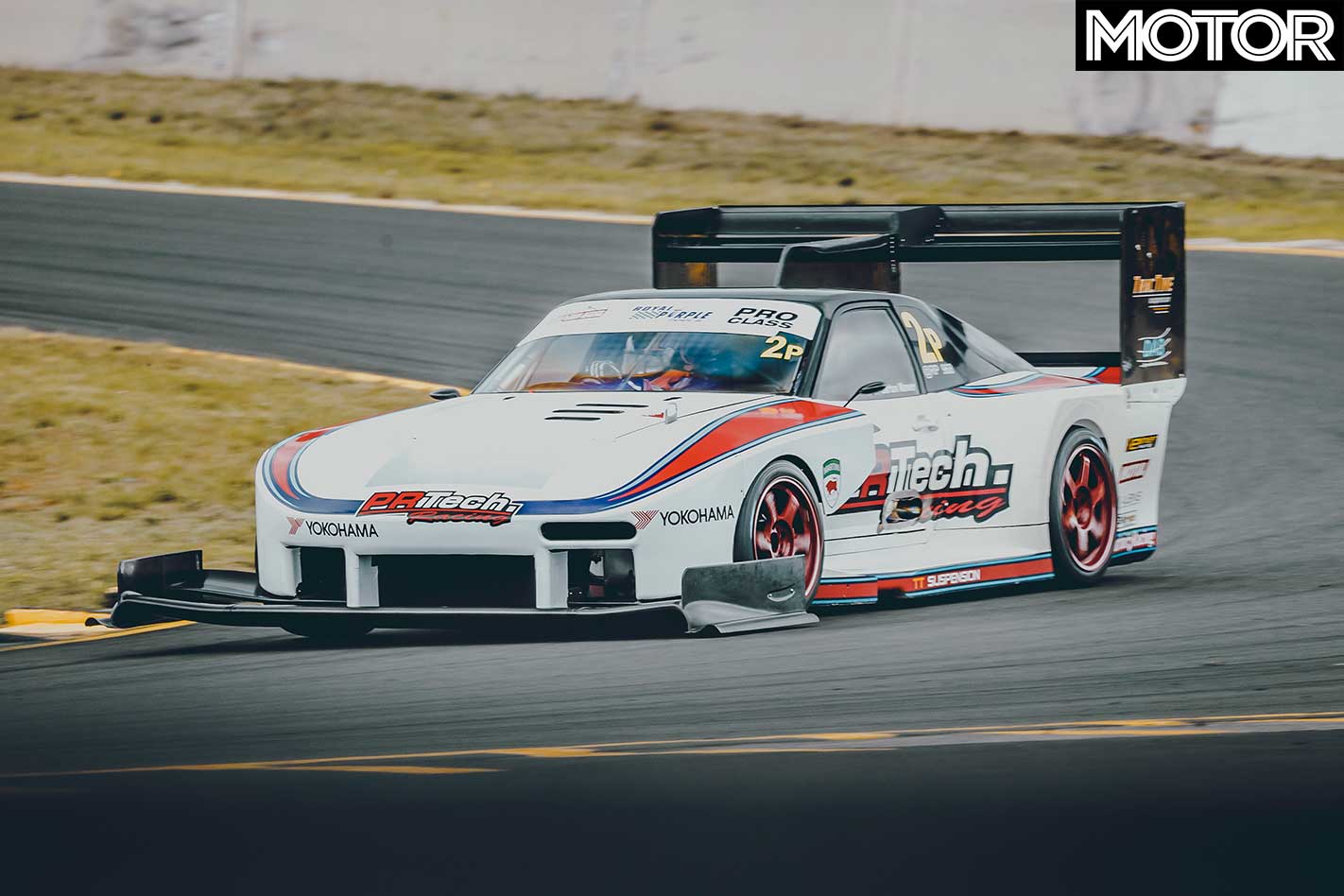
Remarkably, this front-drive hatch recorded a 1:27.75, more than two seconds faster than Jamie Whincup’s best effort at the 2018 Supercar round. Hondas also dominated the Clubsprint class; Brett Dickie’s Integra managed a 1:38.756, just over a second quicker than the Civic of Stephen Wan.
Once the sun went down each day the drifters took over. Insane power outputs ensured plenty of speed and smoke during the qualification battles, but constant rain on the second night made finesse as important as brute force in deciding the win.
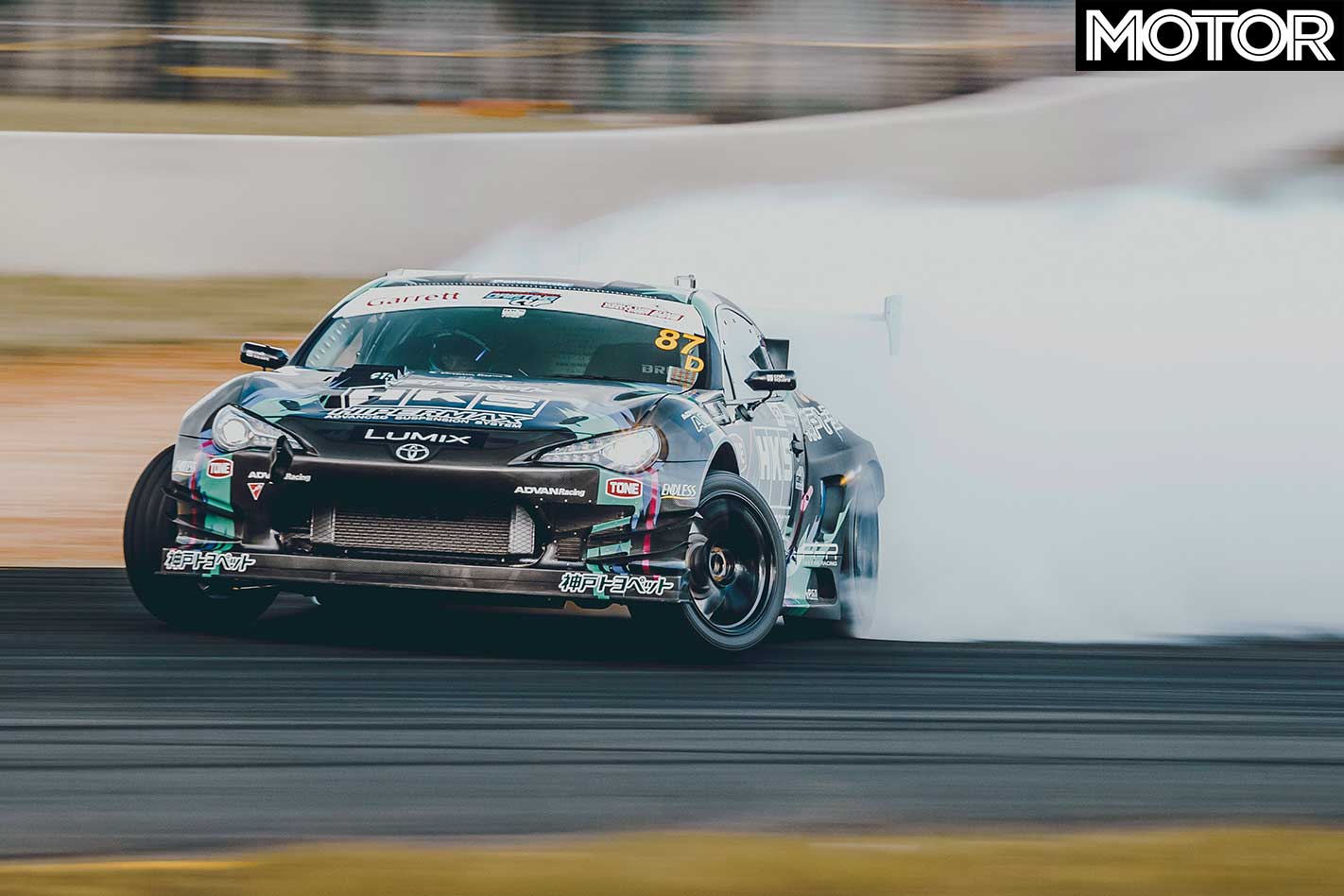
In the end, Japanese superstar Naoki Nakamura lifted the trophy, beating Aussie drifting veteran Luke Fink. The dates for World Time Attack 2019 have yet to be announced, but you can be sure that the cars will be faster than ever before.
Tsuchiya, the King of Drift, returns
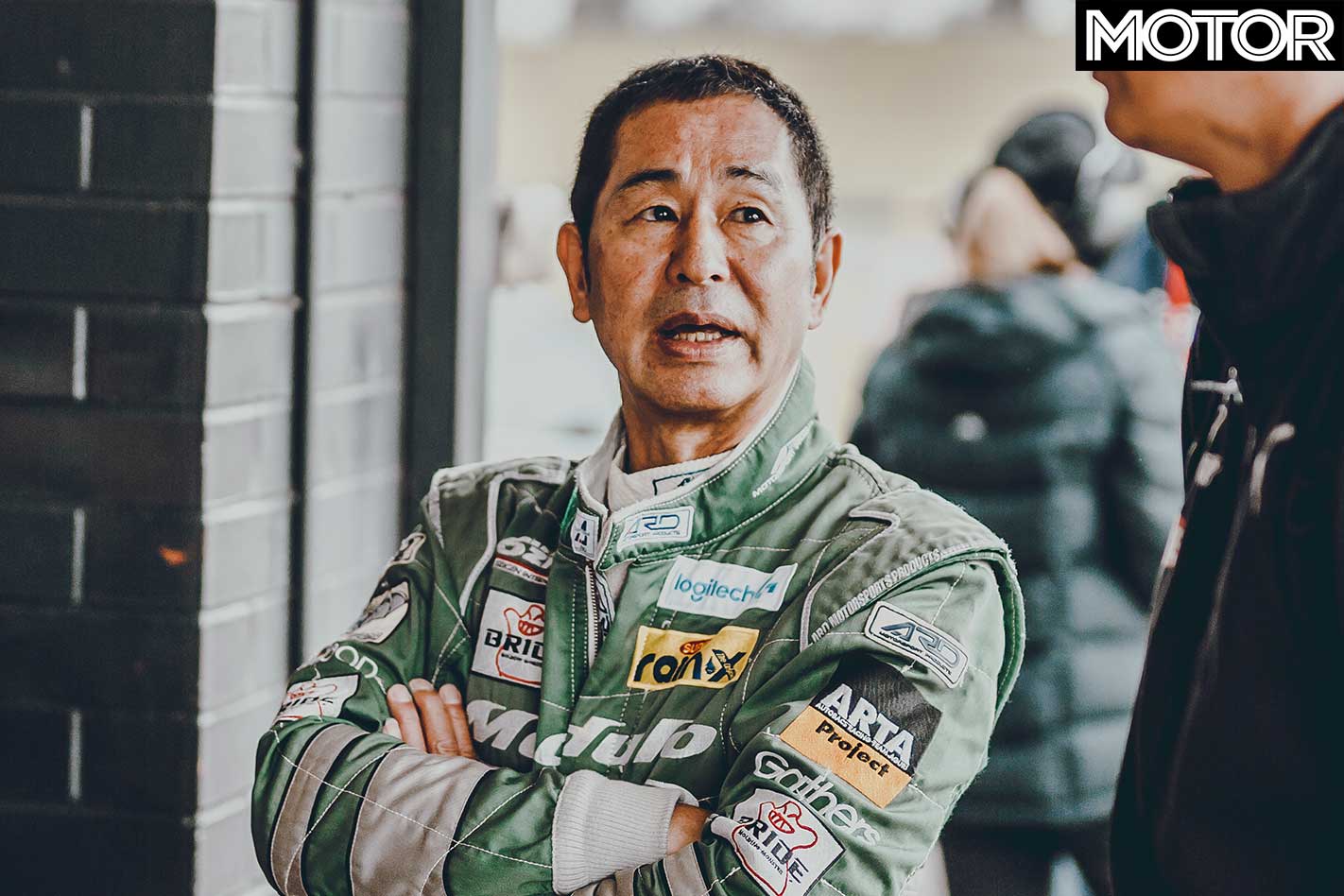
Did Keiichi Tsuchiya invent drifting? Maybe, maybe not, but he certainly made it popular. ‘Dori Dori’, as he is known in his homeland, made his first trip to WTAC in 2017 to judge the International Drifting Cup and complete demonstration drift laps in Beau Yates’s AE86, the car that made Tsuchiya famous (and vice versa).
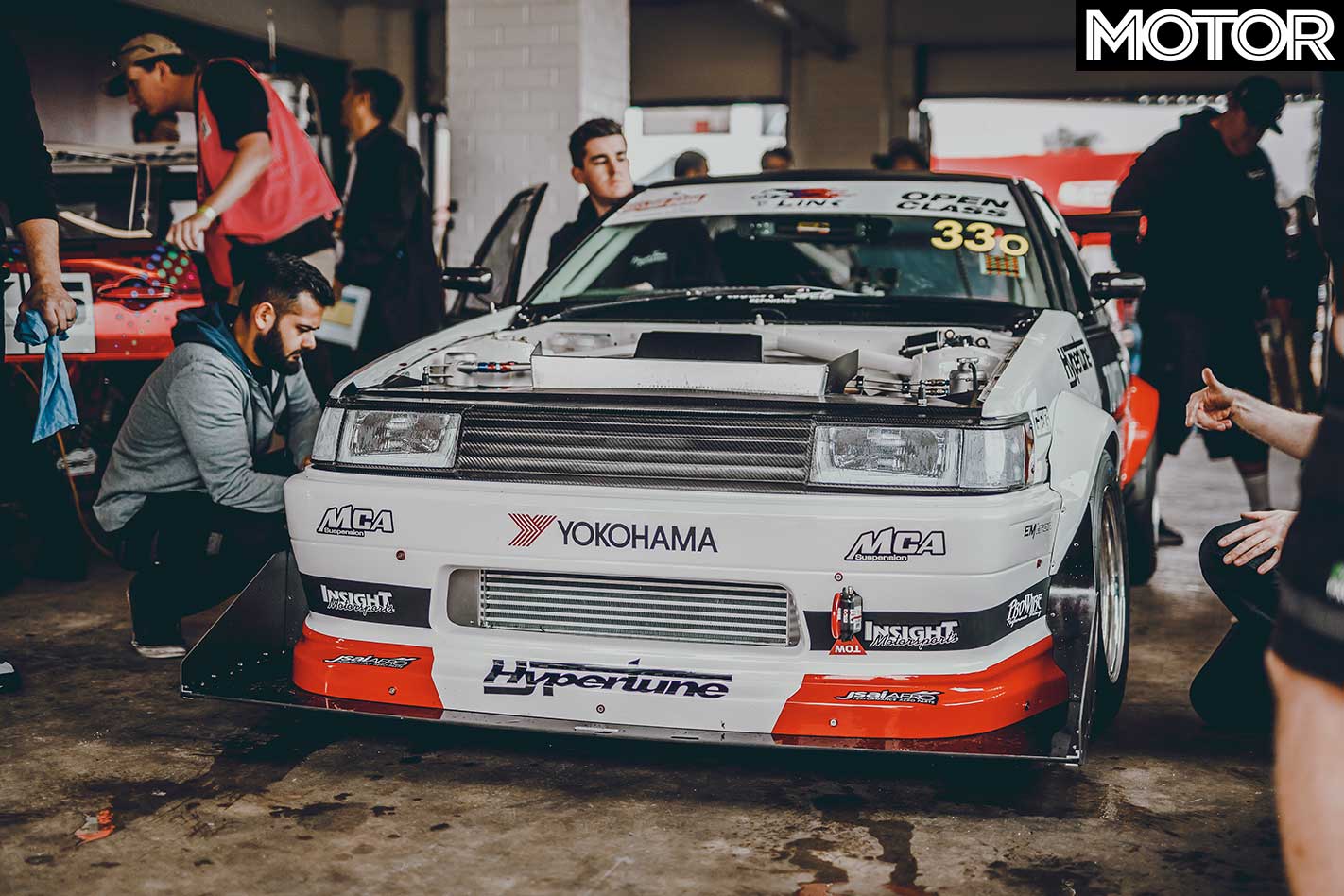
This year the Drift King reprised his role as IDC judge, but also had his ‘grip racing’ hat on, steering Yates’s rebuilt AE86 in the Open Class. Tsuchiya’s racing resume is impressive, with a decade in Japan’s top tier GT500 race series and seven appearances at the Le Mans 24 Hour, his best results being first in class in 1995 with the Honda NSX GT2 and second outright in 1998 behind the wheel of the Toyota GT-One. Tsuchiya has also long been the face of Japan’s Best Motoring series.


